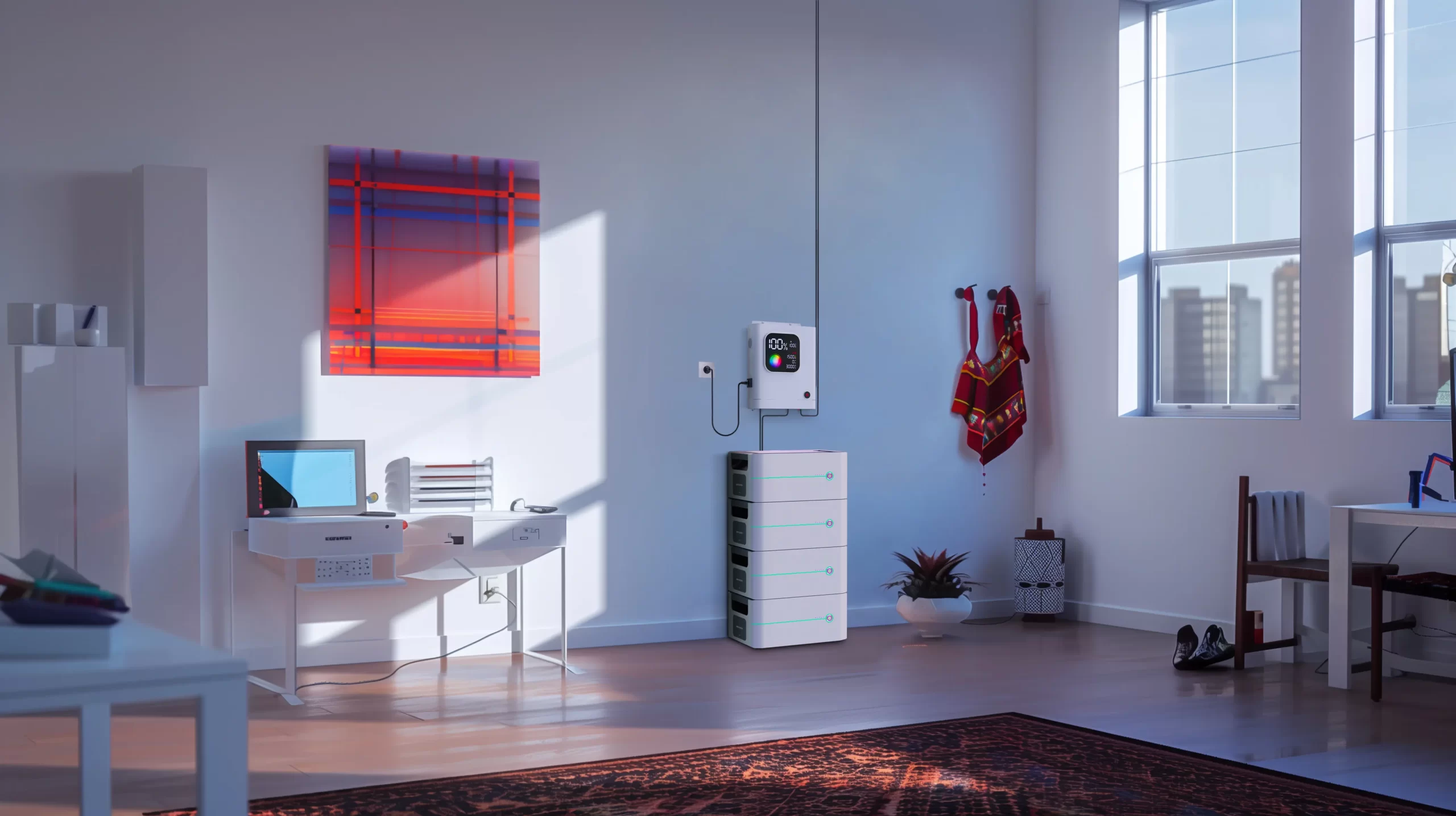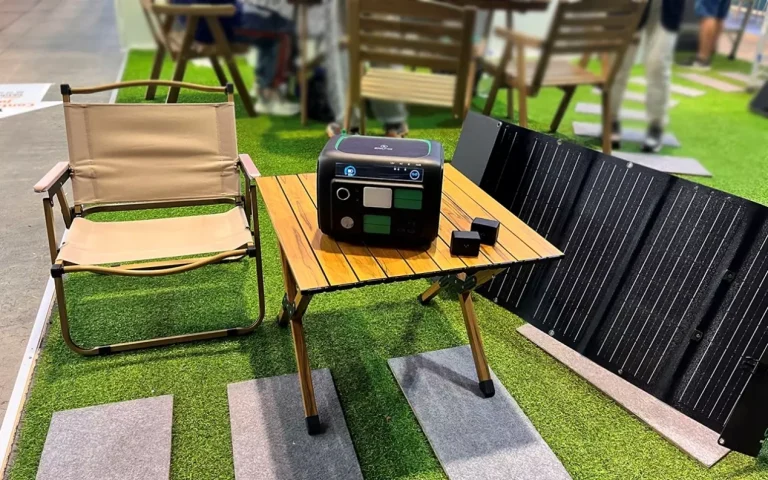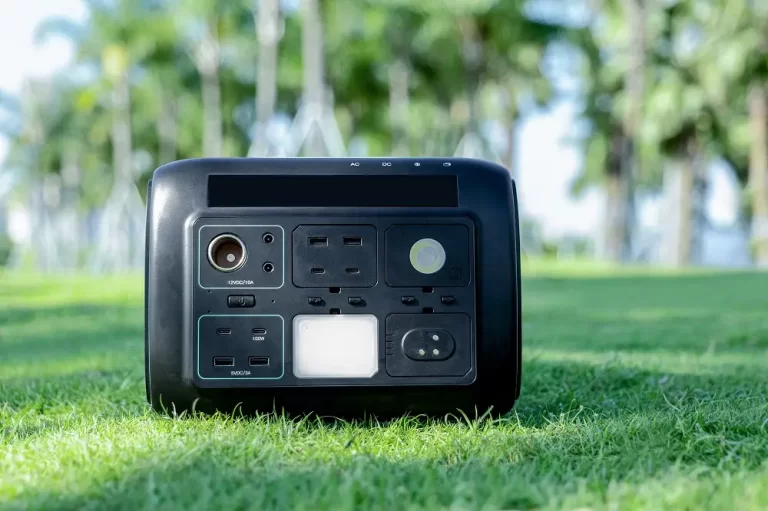While we are immersed in the perception of solar panels as the ultimate form of renewable energy, an energy revolution is quietly taking place—home energy storage systems are gradually changing the way we access and use solar energy. This is not just a technological leap but an important step in the drive towards green energy and sustainable living.

Latest Data Reveals Rapid Growth of Home Energy Storage Systems
According to the latest data, the number of home solar energy storage systems installed in 2023 has grown by a staggering 45 percent globally, which is even faster than the record growth in solar panel installations. This data certainly reveals the huge potential and future trends of home energy storage systems.
Homes with solar energy storage systems are becoming less dependent on the grid by as much as 80%. This means that in the event of a grid failure or blackout, these households are able to rely on their own energy storage systems to continue to supply power and keep their lives running. This resilience not only improves the self-sufficiency of households but also provides strong support in dealing with various energy crises.
How Home Energy Storage Systems Work
The working principle of a home energy storage system is relatively simple and efficient. Firstly, solar panels capture sunlight during the day and convert it into direct current (DC) electricity. This electricity is then converted by an inverter into alternating current (AC) electricity, which is the type of electricity used by household appliances.
However, solar panels often produce more electricity than a household actually needs during the day. At this point, the excess power is transferred to the home’s energy storage system for recharging. These storage systems are usually made up of battery packs that are capable of storing large amounts of electricity for the home to use when needed.
When night falls or the weather is cloudy, the solar panels can no longer produce enough electricity. This is when a home energy storage system plays a key role. It provides AC electricity to power the home, ensuring that the family enjoys a steady supply of power even at night or during rainy weather. This self-sufficient energy model not only reduces the home’s need for grid power but also lowers electricity bills.
The Value of Home Energy Storage
The value of home energy storage systems lies not only in their technical aspects but also in the practical benefits and far-reaching impacts they bring.
Firstly, from a financial point of view, home energy storage systems can significantly reduce a household’s dependence on the grid and thus lower electricity bills. This is especially important in areas where power supply is unstable or electricity costs are high. In addition, many governments offer various incentives for solar installations, such as subsidies and tax breaks, which further reduce the investment cost of home energy storage systems.
Secondly, from an environmental perspective, home energy storage systems help to reduce carbon emissions by reducing reliance on fossil fuels. As the global climate change problem becomes increasingly serious, we need to take more measures to reduce carbon emissions and promote the development of green energy. Home energy storage systems are an important tool that can help us achieve this goal and contribute to the transformation of the global energy mix.
Finally, from a resilience perspective, home energy storage systems can provide households with a stable supply of electricity during grid failures or blackouts. This resilience not only ensures the normal functioning of family life but also supports our response to various energy crises. In emergencies such as natural disasters, homes equipped with solar energy storage systems can even provide power to their neighbors, demonstrating a spirit of community support.
Get on Board with Home Energy Storage
If you’re considering installing a solar energy system for your home, then consider adding an energy storage system to maximize its benefits. Not only can a home energy storage system provide financial savings, but it can also contribute to environmental protection and community resilience.
Of course, when choosing a home energy storage system, you need to look at key factors such as system performance, reliability, cost, and ease of installation and maintenance. You can consult us or refer to the experience of other households to make an informed decision.
In conclusion, the home energy storage system is gradually changing the way we get and use solar energy. It not only provides us with a more reliable, economical, and environmentally friendly energy option but also supports us in coping with various energy crises. Let’s take action and join the ranks of home energy storage systems to promote the development of green energy and the realization of sustainable living!




